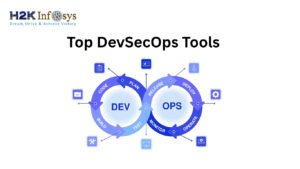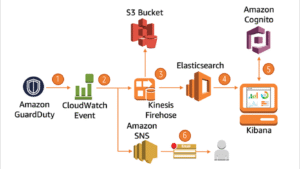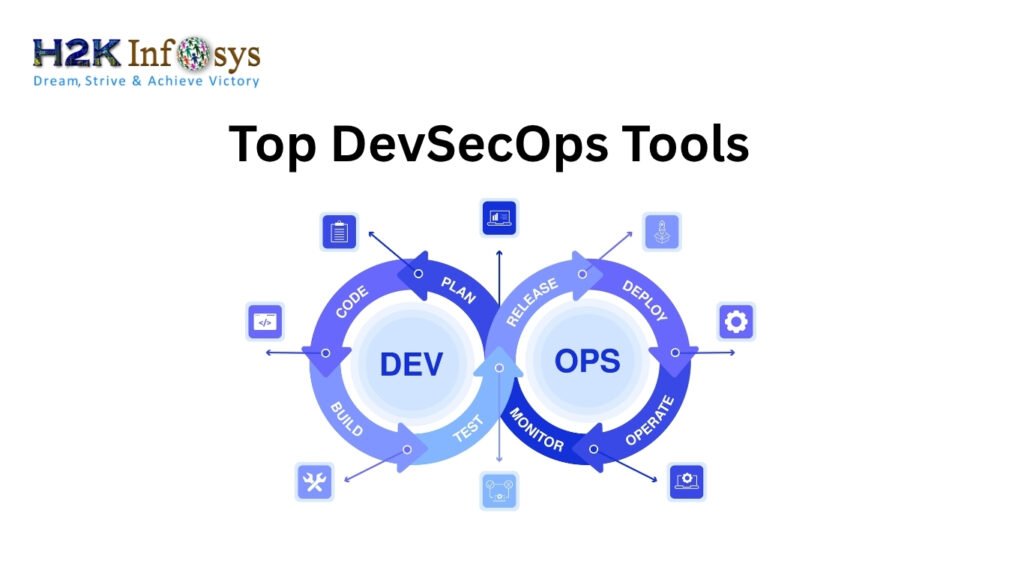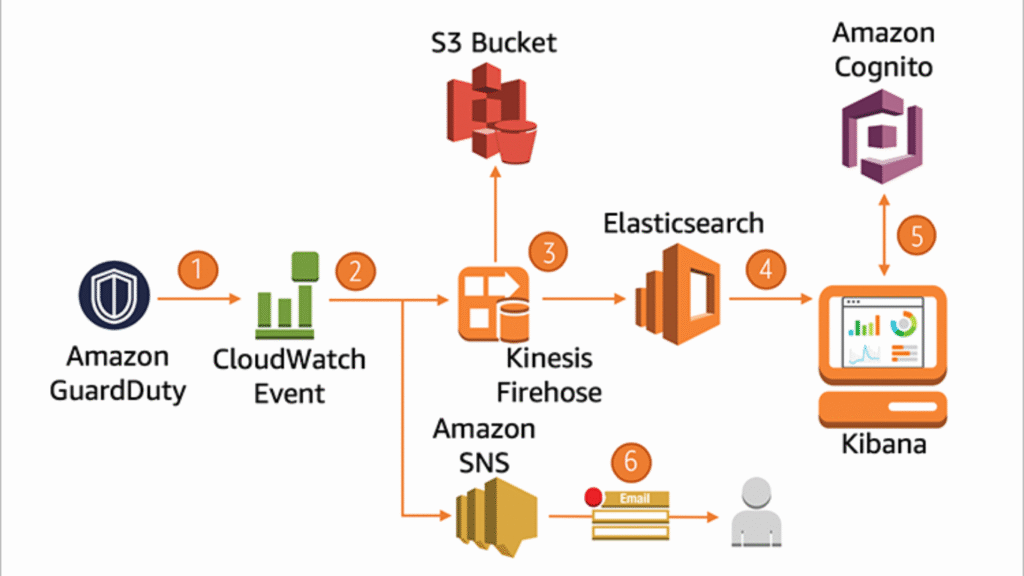Introduction
In the ever-evolving field of information technology, IT analysts play a crucial role in bridging the gap between business needs and technological solutions. They analyze business requirements, design systems, and ensure that IT infrastructure supports organizational goals. This blog will explore essential interview questions that aspiring IT Analyst Interview Questions should be prepared to answer.
What Does an IT Analyst Do?
An IT analyst is responsible for understanding and improving a company’s IT systems and processes. They work closely with other IT professionals and business stakeholders to ensure that technology meets business objectives. Key responsibilities include system analysis, data management, and network security.
Key Skills and Qualifications for IT Analysts
Successful IT analysts possess a blend of technical and interpersonal skills. They must have a strong understanding of various IT systems, software development life cycle (SDLC), and cybersecurity. Additionally, they should be excellent communicators, capable of translating complex technical concepts into layman’s terms.
Top 15 IT Analyst Interview Questions and Answers
What inspired you to become an IT analyst?
This question assesses your passion for the field. Share personal experiences, educational background, or professional experiences that led you to pursue a career in IT analysis.
Sample Answer:
My passion for IT analysis began in college when I worked on a project to improve our university’s data management system. The experience of identifying issues and implementing solutions sparked my interest in this field. Since then, I’ve been eager to explore how technology can solve business problems.”
Recommended to Read Also: Manual testing bootcamp
Can you explain a challenging IT project you’ve worked on?
This question evaluates your problem-solving abilities and experience in handling complex projects. Discuss a specific project, the challenges faced, and the solutions implemented.
Sample Answer:
“One of the most challenging projects I worked on was migrating a company’s data to a new cloud-based system. The challenge was ensuring data integrity and security during the transition. We implemented a phased migration plan and thorough testing protocols, which resulted in a smooth transition with minimal downtime.”
How do you prioritize tasks and manage deadlines?
IT analysts often juggle multiple projects. This question assesses your organizational skills and time management abilities.
Sample Answer:
“I use a combination of project management tools like Trello and Microsoft Project to keep track of tasks. I prioritize based on urgency and impact, regularly communicating with stakeholders to adjust priorities as needed.”
Describe a time you improved a company’s IT systems.
Here, interviewers are looking for examples of your ability to identify and implement improvements.
Sample Answer:
“I once worked on optimizing a company’s CRM system. After analyzing user feedback, I proposed integrating a new feature that streamlined customer interactions, reducing response time by 30%. This enhancement significantly improved customer satisfaction.”
How do you stay updated with the latest IT trends and technologies?
Keeping up with the latest trends is crucial in IT. This question assesses your commitment to continuous learning.
Sample Answer:
“I regularly attend industry conferences, participate in webinars, and follow reputable IT blogs and forums. I also engage in online courses to enhance my skills in emerging technologies like AI and cybersecurity.”
What experience do you have with network security?
Network security is a vital aspect of IT. Interviewers want to know about your experience and approach to safeguarding systems.
Sample Answer:
“I have extensive experience in network security, including implementing firewalls, intrusion detection systems, and regular security audits. In a previous role, I led a team to develop a comprehensive security policy, which reduced security breaches by 40%.”
How do you handle stressful situations in the workplace?
This question evaluates your stress management skills and ability to work under pressure.
Sample Answer:
“I stay calm and focused under pressure by prioritizing tasks and breaking down complex problems into manageable parts. I also maintain open communication with my team and stakeholders to ensure everyone is on the same page.”
What are the most important qualities of an IT analyst?
This question explores your understanding of the role and the key attributes needed for success.
Sample Answer:
“Critical thinking, strong analytical skills, effective communication, and a proactive approach to problem-solving are crucial qualities. An IT analyst must also be adaptable and continuously seek to improve their knowledge and skills.”
How do you approach problem-solving in IT?
Problem-solving is a core responsibility of IT analysts. Discuss your methodology for tackling issues.
Sample Answer:
“I use a structured approach to problem-solving, starting with identifying the problem, gathering relevant data, analyzing possible solutions, and implementing the best option. I also review the outcomes to learn and improve future processes.”
Can you discuss your experience with the software development life cycle (SDLC)?
SDLC knowledge is essential for IT analysts. Interviewers want to know about your experience and understanding of the process.
Sample Answer:
“I have experience with all phases of the SDLC, from requirement gathering and design to testing and deployment. In my last project, I collaborated with developers and stakeholders to define system requirements and ensure that the final product met business needs.”
How do you ensure the quality and security of data?
Data quality and security are paramount in IT. This question assesses your knowledge and practices in these areas.
Sample Answer:
“I ensure data quality by implementing data validation rules and regularly reviewing data entries for accuracy. For data security, I use encryption, access controls, and regular security audits to protect sensitive information.”
What methods do you use to gather and analyze business requirements?
Understanding business requirements is a key part of an IT analyst’s role. Discuss your approach to this task.
Sample Answer:
“I use a combination of interviews, surveys, and workshops to gather business requirements. I also analyze existing systems and processes to identify areas for improvement. Collaborating with stakeholders ensures that the final solution aligns with business goals.”
How do you communicate technical information to non-technical stakeholders?
Effective communication is vital for IT analysts. This question evaluates your ability to explain technical concepts in simple terms.
Sample Answer:
“I tailor my communication to the audience’s level of technical understanding. I use analogies and visual aids like charts and diagrams to explain complex concepts. My goal is to ensure that all stakeholders have a clear understanding of the project’s technical aspects.”
Can you explain the importance of cybersecurity in IT analysis?
Cybersecurity is a critical component of IT. Discuss your understanding of its importance and your experience in this area.
Sample Answer:
“Cybersecurity is essential to protect sensitive data and maintain system integrity. As an IT analyst, I prioritize security measures, such as implementing firewalls and conducting regular security assessments, to prevent unauthorized access and data breaches.”
What tools and technologies do you use most frequently?
This question explores your technical skills and familiarity with industry-standard tools.
Sample Answer:
“I frequently use tools like Microsoft Excel for data analysis, SQL for database management, and Jira for project tracking. I’m also proficient with network monitoring tools like Wireshark and security tools like Norton Security.”
Conclusion
Preparing for an IT analyst interview involves understanding the key responsibilities and skills required for the role. By familiarizing yourself with common interview questions and crafting thoughtful responses, you can confidently showcase your expertise and qualifications. Remember, the goal is to demonstrate your technical knowledge, problem-solving abilities, and communication skills.




















